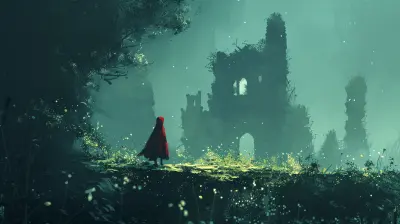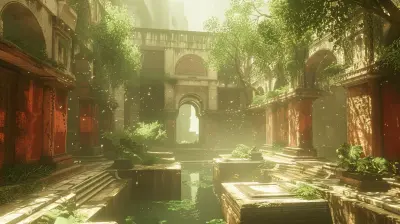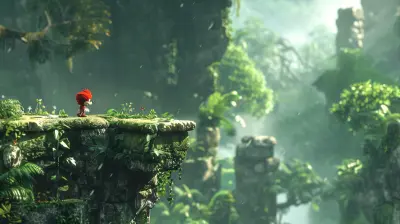How the Starting Area Sets the Tone for the Rest of the Game
3 September 2025
Let’s be blunt—first impressions matter. And in the world of video games, the starting area isn’t just a tutorial. It's the heartbeat of the entire game. It whispers, shouts, and sometimes screams what you're in for. If a game doesn't nail its opening moments? You're out. Rage quit. Uninstall. No mercy.
But when a game gets it right? Oh man, you're hooked. That first 15 minutes can pump adrenaline through your veins, give your brain a dopamine rush, and tattoo the game’s soul onto yours. So yeah, the starting area is that important.
Let’s dig deep into why the starting area is more than just a warm-up—it’s the game's promise to you.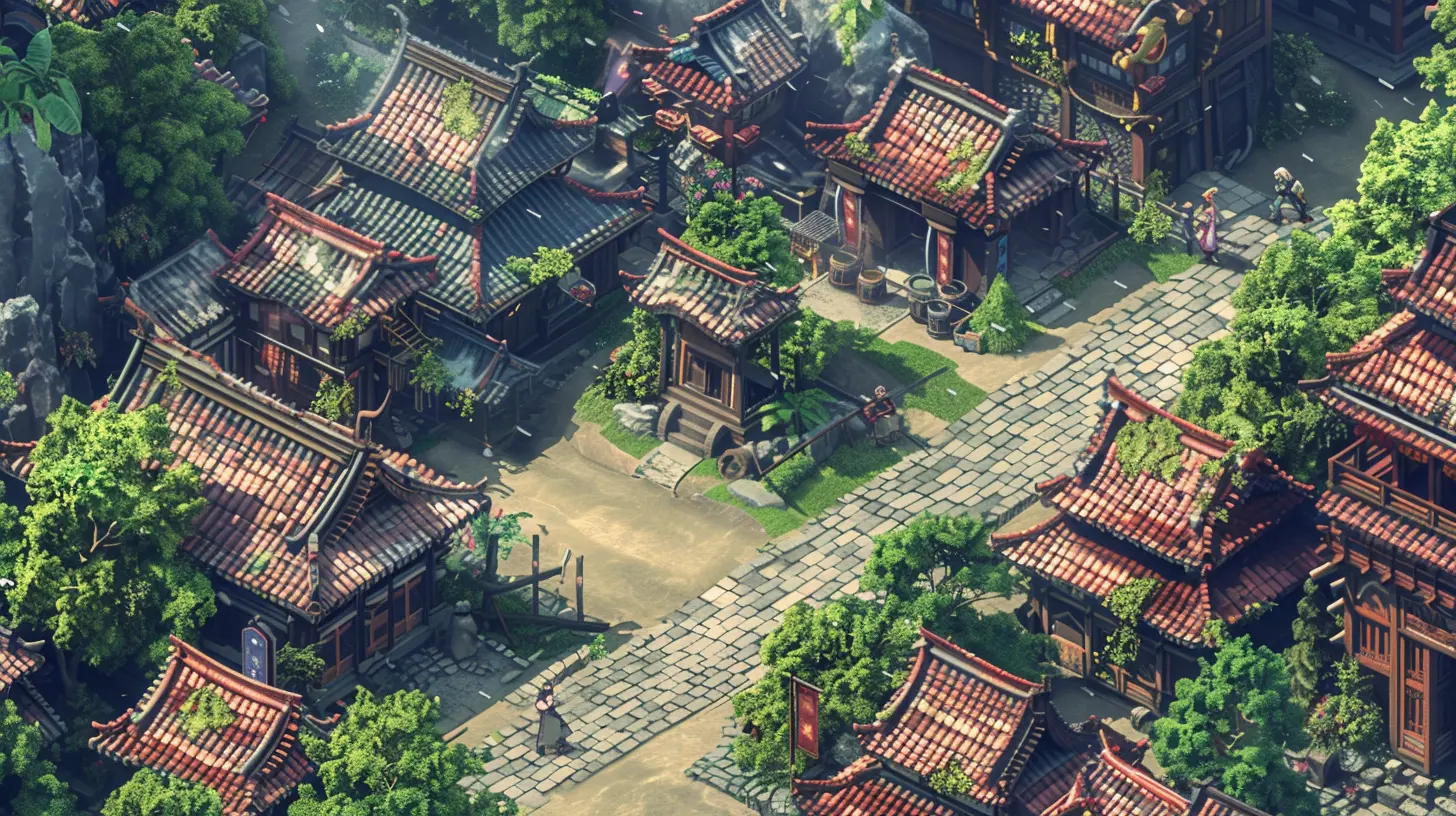
Why the First Few Minutes Matter So Much
You know that feeling when you walk into a room and instantly get a vibe? That’s what the starting area does. It sets the vibe, the expectations, the pace, even the emotions.In storytelling, they say the opening scene of a movie is a promise. Same with games. That first area is the game going, “Hey, this is what I’m all about. You in?”
Think about it…
- Did it grab your attention?
- Did it show you something cool?
- Did it make you care about the world or the characters?
- Did it teach you how to play without beating you over the head?
If the answer’s yes, congrats—you’re probably still playing it.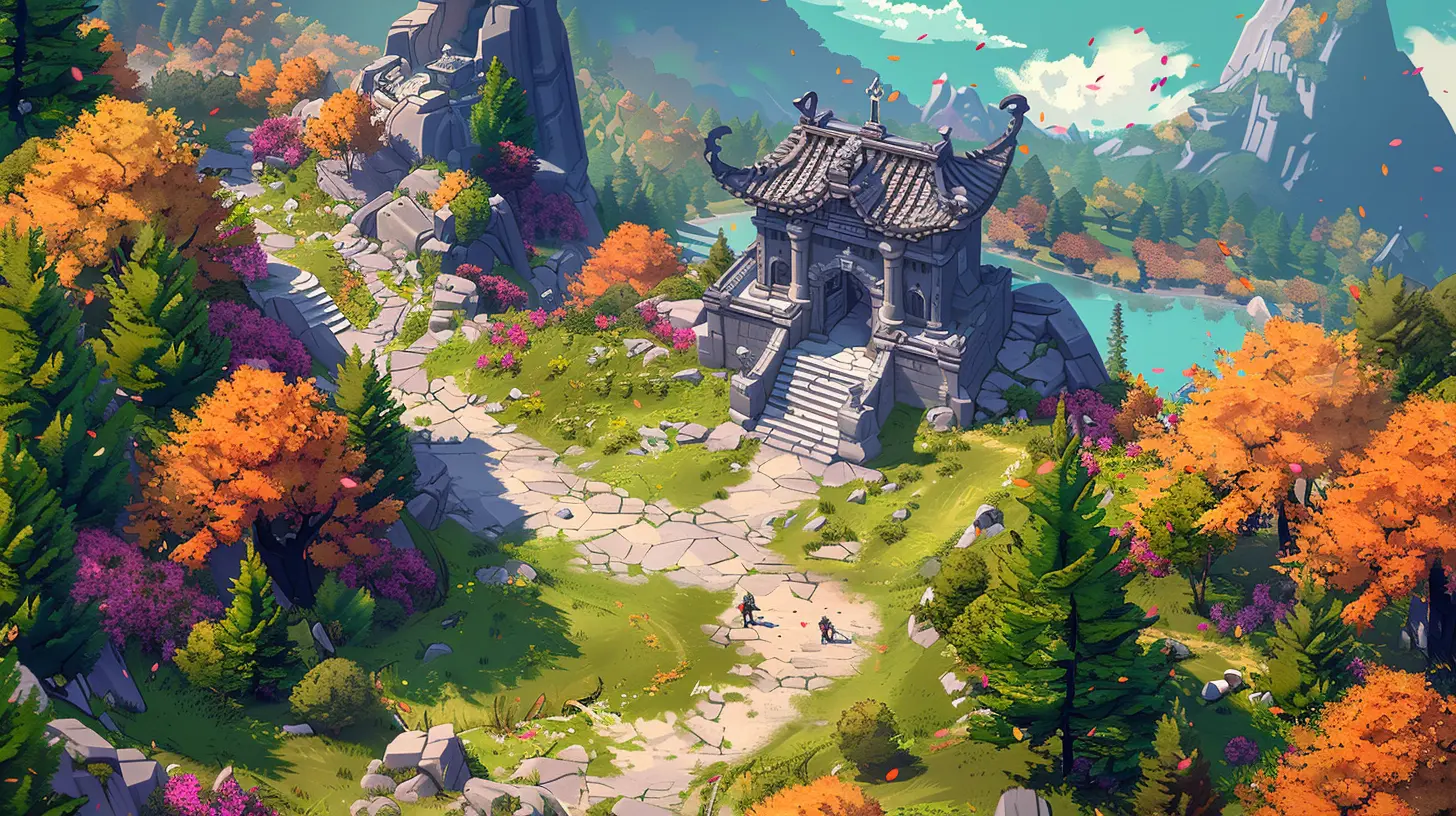
Setting the Narrative Tone
The starting area is storytelling in action. Whether it’s a dramatic cutscene, a quiet forest, or a war-torn battlefield—it tells you what kind of story you’re stepping into.Dramatic? Or Casual?
Let’s break it down.- God of War (2018) throws you into fatherhood, grief, and danger within the first 5 minutes. Boom. No filler. You’re emotionally involved and you get to smack stuff with the Leviathan Axe.
- The Legend of Zelda: Breath of the Wild? You wake up in a mysterious chamber, step out into a vast open world, and there’s no hand-holding. Just awe and freedom.
Totally different vibes, both effective. The tone is set. You're either tightening your seatbelt or slipping into your explorer boots.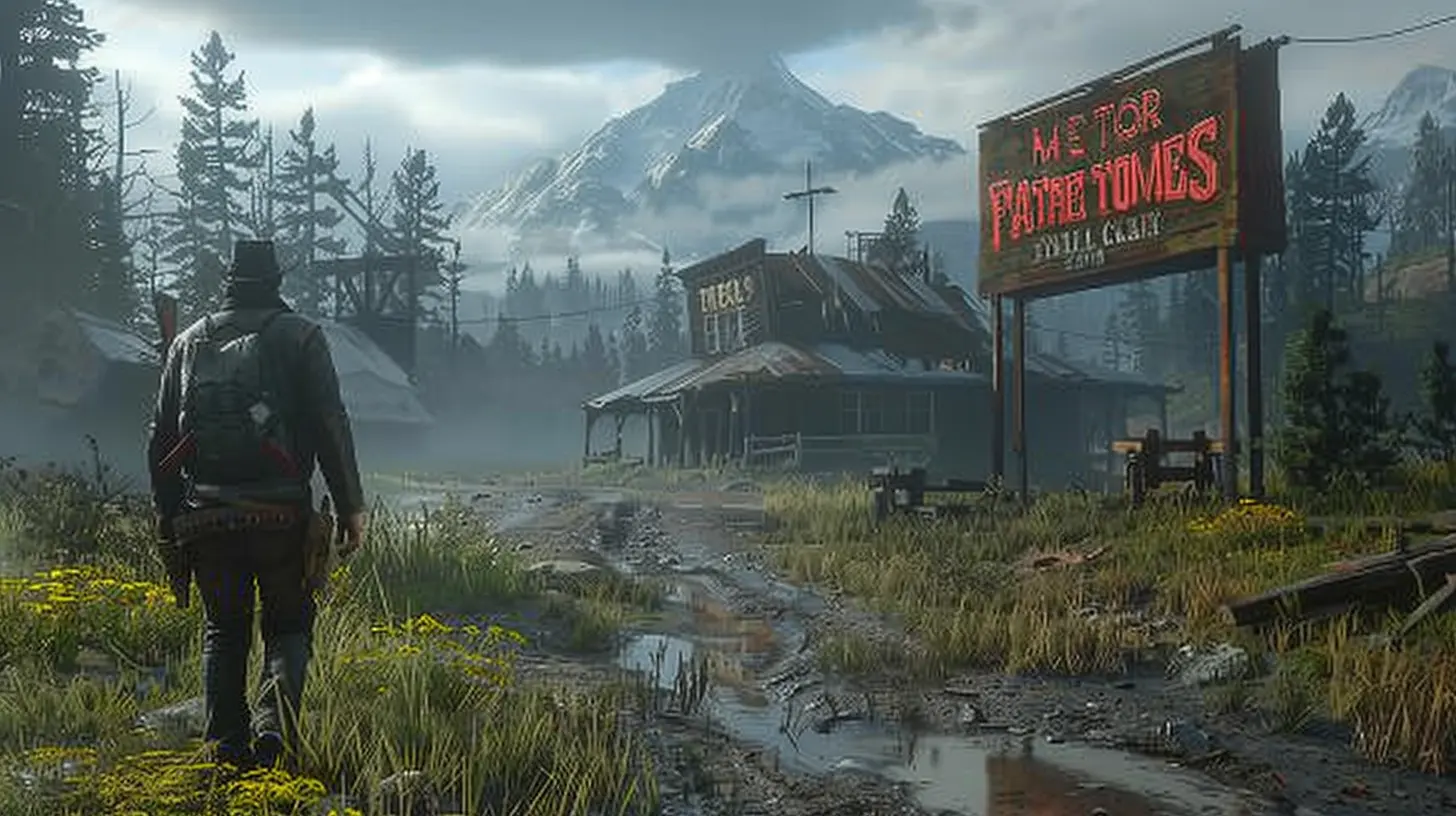
Teaching Without Preaching
You know what sucks? Tutorials that interrupt the game every five seconds. Nobody wants a pop-up parade of boring tooltips.The best starting areas teach you like a good mentor—quietly, cleverly, and with purpose.
Smart Game Design 101
- Dark Souls drops you into the Undead Asylum. Doesn’t say much. But guess what? Every enemy, every hallway, every surprise teaches you something. Trial by fire—but in the best way.- Hollow Knight? You’re in Dirthmouth, and you’re told very little. You learn by doing. And you feel every decision.
These games respect your brain. And we love them for it.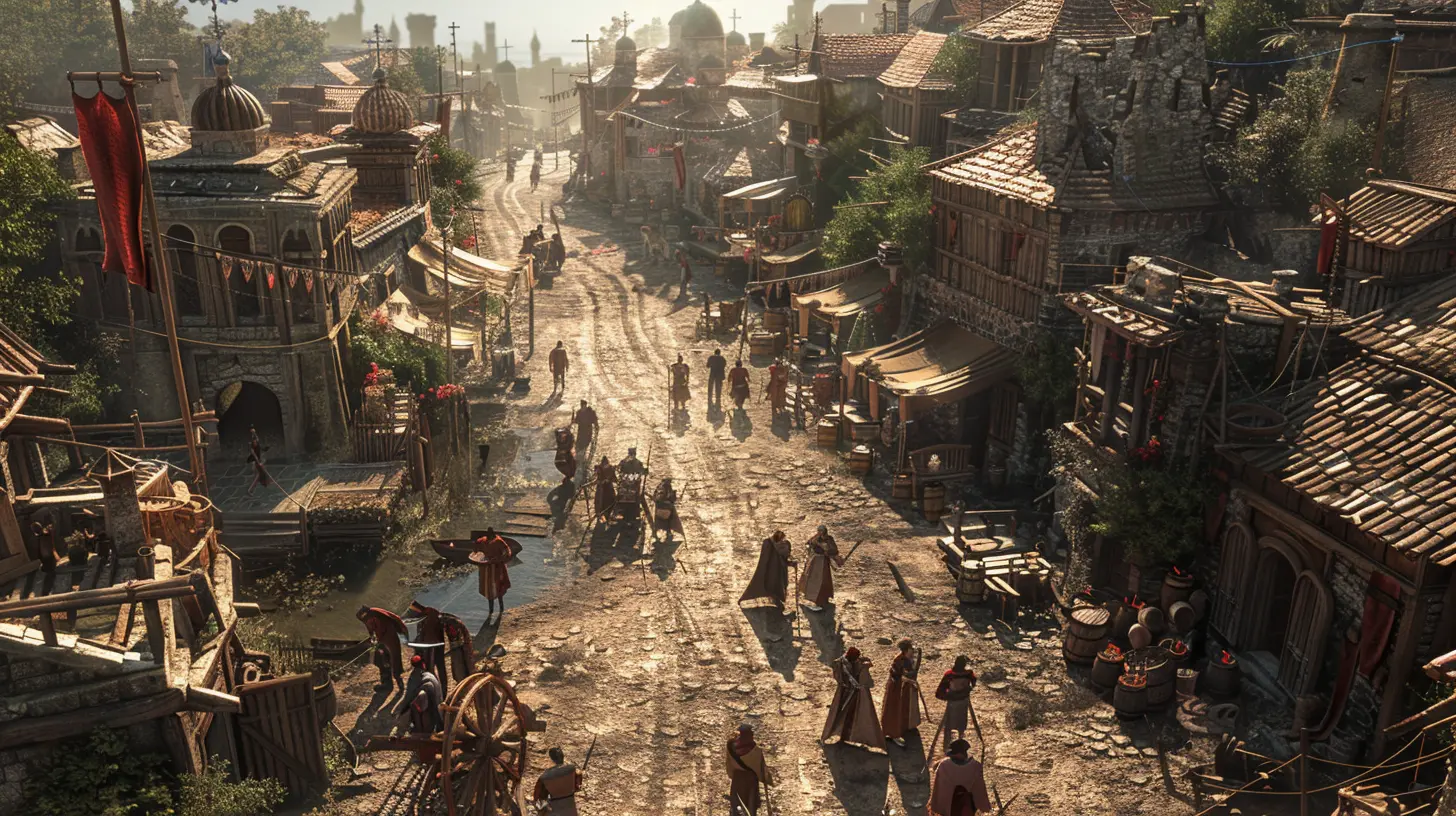
Worldbuilding on Day One
Okay, let’s talk worldbuilding. If you step into a new game and the world feels dull or empty, you immediately check out. No story or lore can save it later.But when the world grabs your attention from square one? You're in for the long haul.
Build It and They Will Stay
- Skyrim starts with you tied up in a cart, heading to your execution. Then—dragon. Chaos. Suddenly you’re running through burning buildings. You get politics, danger, rebellion, and magic—all in one wild ride.- Bioshock starts with a plane crash, a lighthouse, and a descent into Rapture. That opening is art. You can feel the mystery oozing from every wall.
Worldbuilding in the starting area isn’t about dumping lore. It’s about showing you the world and letting you feel its pulse.
Establishing Gameplay Flow
Let’s talk mechanics. The starting area sets the pace. It tells you, “Hey, this is how things feel here. Get used to it.”Slow and strategic? Fast and chaotic? You’ll know right off the bat.
Feel the Flow, Baby
- DOOM Eternal wastes zero time. You start blasting demons within 20 seconds. No fluff, just fury.- The Witcher 3 opens with a dream sequence and a tutorial in a peaceful castle. You feel the calm before the political storm.
The gameplay rhythm starts here. If it’s off? That’s a red flag. But when the flow is smooth? That’s the stuff addiction is made of (the good kind).
Emotional Hook: Love at First Fight
Humans are emotional creatures. Games that make us feel something from the start? Instant classic.Maybe it’s fear. Joy. Curiosity. Anger. Nostalgia. Whatever it is—if it hits us early, it sticks.
Examples That Punch You in the Feels
- The Last of Us starts with heartbreak. And it doesn't let up. That intro? Gut punch.- Undertale has a quirky and lovable vibe even in its first minutes. You’re smiling before you even know what’s happening.
When a game makes you care in the first 10 minutes, it’s doing its job. That emotional spark? You’ll chase it for the next 20 hours.
Establishing Player Agency
You know what feels great? Being in control. The starting area should make you feel like your choices matter—even if they’re small ones.Player agency isn’t about changing the universe right away. It’s about letting you make decisions that feel meaningful.
Let Me Make My Own Mistakes
- Mass Effect lets you customize your character, make dialogue choices, and immediately feel like the captain of your destiny.- Elden Ring? You can immediately walk into a boss that wrecks you, or run in the opposite direction and explore for hours. It’s up to you.
That early freedom is like a handshake from the devs saying, "We trust you. Go wild."
Atmosphere: More Than Just Pretty Graphics
Look, AAA graphics are nice, but atmosphere? Atmosphere matters more. A pixelated game can make your skin crawl or your jaw drop if it nails the vibe.The starting area is where that magic begins.
Get Your Vibe Right
- Limbo uses monochrome art, eerie sound design, and zero dialogue. Within a minute, you're uneasy and alert.- Dead Space throws you into a spaceship of nightmares. The lighting. The sounds. It’s horror gold from the first hallway.
If the atmosphere grabs you early, you're not just playing the game—you’re living in it.
Pacing: The Slow Burn vs. The Instant Bang
Not every game needs to explode out of the gate. But every game needs to deliver its opening beats intentionally.Slow starts can work—if they’re dripping with tension. Fast starts can work—if they’re not rushed.
Know What You’re Selling
- Red Dead Redemption 2 has a slow, cinematic opening. Some people hated it. But if you got into it? Pure storytelling gold.- Titanfall 2 throws you into the warzone quickly. The game knows it's an FPS, so it lets the bullets do the talking.
It’s about matching pace to promise. If your game is chill, start chill. If it’s chaos, start with an explosion.
Stakes: Why Should I Care?
Here's the truth: If I don't care in the beginning, I probably won't care later. The starting area has to tell me why my actions matter.Otherwise? What's the point?
Raise the Stakes Immediately
- Final Fantasy VII starts with a literal bombing mission. You’re fighting for a cause, right out the gate.- Hades? You're breaking out of hell. Repeatedly. The stakes are personal and mythological all at once.
When there's something to care about—whether it's survival, revenge, love, or freedom—you’re emotionally invested.
The Starting Area is the Game’s Elevator Pitch
If the rest of the game were to vanish, could the starting area stand on its own? That’s the test.Every design decision in those early moments tells you what kind of journey you’re about to take. And if the game nails it? You’ll keep chasing that feeling to the very end.
So next time you boot up a new title, pay attention. The starting area isn’t just where the game begins. It’s where the bond is forged. You’re not just learning how to jump and shoot. You’re deciding whether this game's world is worth living in.
And when it's done right?
You already know the answer.
Final Thoughts: Don’t Underestimate the Opening
Game developers, listen up. Don’t just toss players into a starter zone full of rats and fetch quests. That’s lazy. That’s outdated.We want magic. Emotion. Urgency. Style. Meaning.
Give us a starting area that sings. That howls. That invites us to fall in love and never look back.
Because if you can win us over in the first 10 minutes?
You’ve got us for the next 40 hours.
all images in this post were generated using AI tools
Category:
First ImpressionsAuthor:

Tina Fisher
Discussion
rate this article
2 comments
Kristina McPhee
The starting area is crucial; it shapes player expectations, introduces mechanics, and establishes atmosphere, ultimately influencing engagement and immersion throughout the game.
March 2, 2026 at 3:41 AM
Olympia Shaffer
Starting areas are the heartbeat of a game; they define expectations, immersion, and ultimately, your entire gaming experience. No exceptions!
September 10, 2025 at 3:23 AM

Tina Fisher
Absolutely! The starting area is crucial in shaping player expectations and immersion, laying the foundation for the entire gaming experience.
